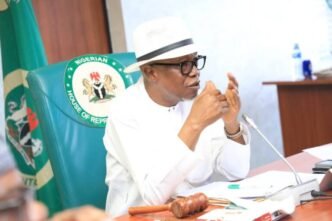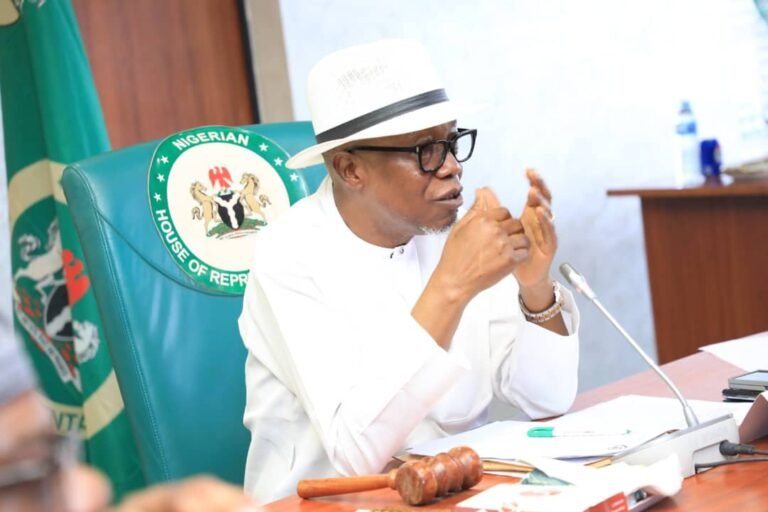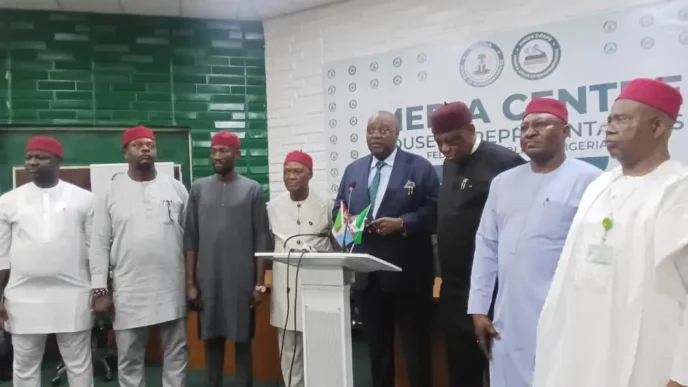On Wednesday, October 29, 2025, the House of Representatives introduced a significant bill aimed at formalizing the National Board for Arabic and Islamic Studies (NBAIS) as a statutory body Sponsored by Hon. Julius Ihonvbere, (Owan Federal Constituency), this initiative seeks to enhance the structure and regulation of Arabic and Islamic education across the country.
The proposed legislation, titled “A Bill for an Act to Provide for Establishment of National Board for Arabic and Islamic Studies to have Responsibilities for the Conduct and Regulations of Examinations and its Due Administration and for Related Matters (HB. 1469),” will provide NBAIS with a legal framework that allows it to operate as a national examination and regulatory authority, similar to established educational bodies such as WAEC and NECO.
Once enacted, the NBAIS will function as a corporate entity with perpetual succession, tasked with several core responsibilities, including:
- Examination Conduct and Regulation: NBAIS will primarily oversee the administration of the Senior Arabic and Islamic Secondary School Certificate Examination (SAISSCE) as well as other examinations in Tahfeez and science.
- Education Administration: The board will ensure the effective administration of Arabic and Islamic Studies education throughout Nigeria.
- Regulation and Certification: It will also be responsible for overseeing the regulation and certification of Islamiyyah and Quranic schools, ensuring they meet established educational standards.
- Curriculum Development: NBAIS plans to collaborate with educational bodies such as the Nigerian Educational Research and Development Council (NERDC) to develop and enhance curricula related to Arabic and Islamic Studies.
- Advisory Role: The board will advise both Federal and State Ministries of Education, as well as accredited schools and colleges, on policies impacting Arabic and Islamic Education.
- Quality Assurance: Collaborating with higher education institutions will be another critical function, focusing on maintaining high standards and quality assurance in Arabic and Islamic Studies.
The introduction of this bill marks a pivotal step towards strengthening the educational framework for Arabic and Islamic studies in Nigeria, promising to create a more organized and regulated environment for students and educators alike.













